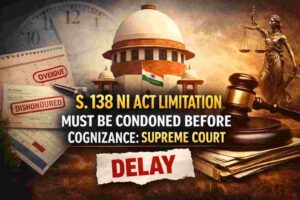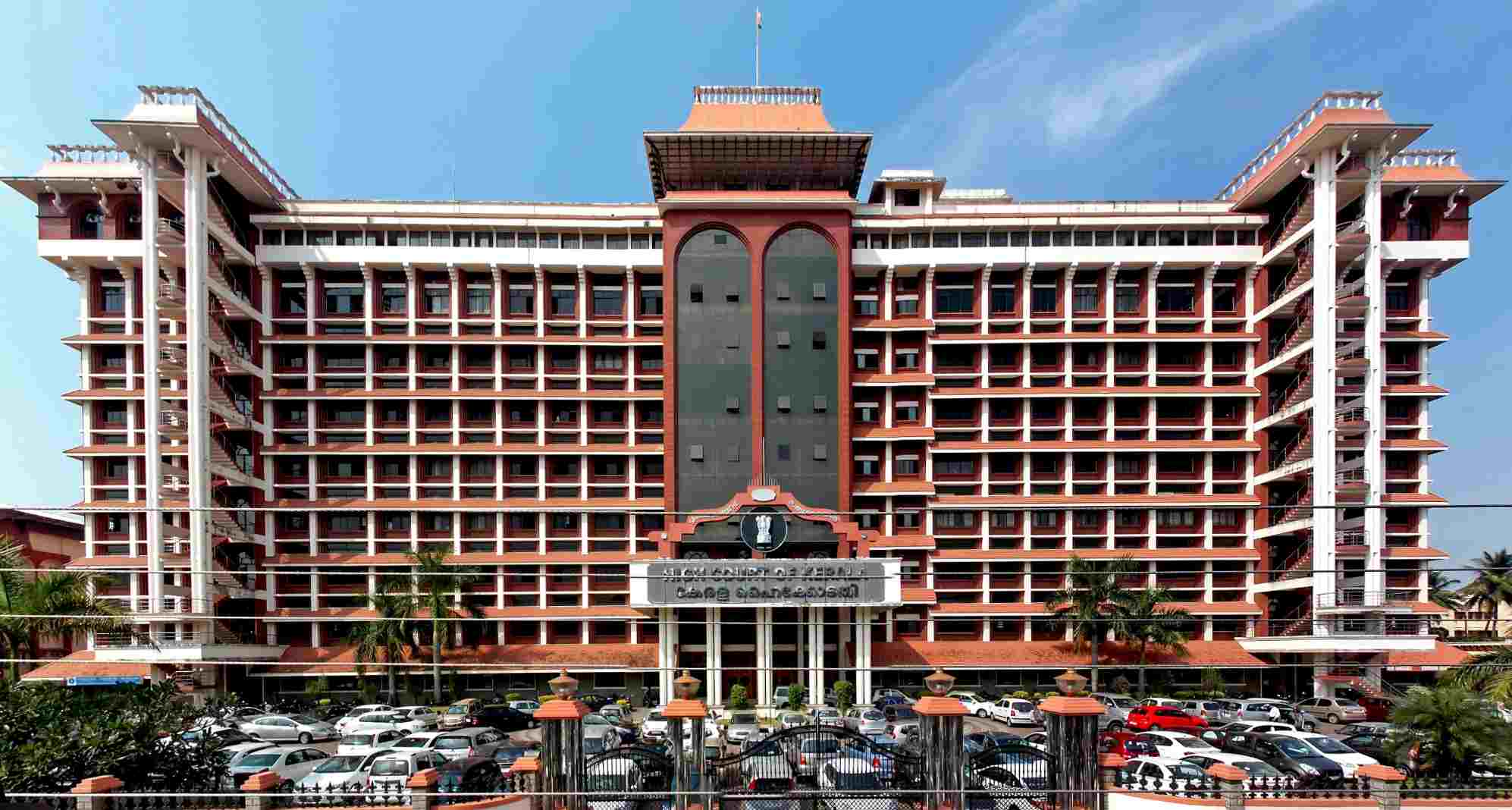- The Kerala High Court held that there is no essential religious practice requiring temple priests to belong to a particular caste or lineage.
- The Court upheld the recognition granted to Thanthra Vidyalayas by the Travancore Devaswom Board and the Kerala Devaswom Recruitment Board.
- The writ petition filed by the Akhila Kerala Thanthri Samajam, which sought to restrict priest appointments to traditional thanthri families, was dismissed.
- The Court emphasized that priesthood should be determined by qualification and merit, in accordance with constitutional principles of equality and fairness.
In a landmark judgment reinforcing constitutional equality and reform within temple administration, the Kerala High Court has ruled that there is no essential religious practice mandating that a temple priest must hail from a particular caste or lineage.
The Division Bench comprising Justice Raja Vijayaraghavan V and Justice K.V. Jayakumar delivered the ruling while dismissing a writ petition filed by the Akhila Kerala Thanthri Samajam (AKTS) challenging the recognition granted to Thanthra Vidyalayas by the Travancore Devaswom Board (TDB) and the Kerala Devaswom Recruitment Board (KDRB).
Background of the Case
The petitioner association, AKTS, representing around 300 traditional Thanthri families, had questioned the accreditation given to certain institutions described as Thanthra Vidyalayas by the TDB and KDRB.
The association also objected to notifications issued by the KDRB which prescribed certificates from these recognized institutions as one of the qualifications for appointment as part-time shanthis (priests) in temples under the Board’s control.
The petitioners contended that these qualifications undermined the centuries-old tradition of training under hereditary thanthris, and effectively excluded many individuals from traditional families who did not possess certificates from the newly recognized institutions.
They further argued that the Travancore Devaswom Board Officers’ and Servants’ Service Rules, 2022, which replaced the earlier system of priest selection, were framed without adequate consultation with traditional thanthri families.
According to the petitioners, this amounted to legislative overreach and violated the constitutional rights guaranteed under Articles 25 and 26 of the Constitution of India, which protect the freedom of religion and the right to manage religious affairs.
State and Respondents’ Stand
The State and the Devaswom Boards strongly opposed the petition, arguing that hereditary certification of temple priests was antithetical to the constitutional principles of equality and democratic access. They maintained that restricting priesthood to specific families or castes was contrary to the constitutional ethos of inclusivity and equal opportunity.
The TDB emphasized that the 2022 Rules were framed under the powers conferred by Section 35(2)(e) of the Travancore-Cochin Hindu Religious Institutions Act (TCHRI Act), with prior concurrence of the government. The Board had also published the draft rules inviting objections, but the petitioners had not raised any concerns at that time.
The KDRB submitted that its role extended to conducting recruitments and ensuring transparency and merit-based selection. It clarified that candidates trained by traditional thanthris were also eligible to apply, provided they met the minimum educational and qualification requirements.
The Recruitment Board had also constituted an expert committee consisting of reputed thanthris to design a syllabus and establish a structured training program. The syllabus covered Vedic rituals, modes of worship, and spiritual discipline over courses ranging from one to five years, with initiation ceremonies marking the completion of training.
Observations of the Court
After examining the submissions, the Court held that no essential religious practice required temple priests to belong to a particular caste or lineage. The Bench observed that the argument seeking to limit priesthood to certain families or communities was unsupported by any constitutional or legal foundation.
The judges noted that the Thanthra Vidyalayas accredited by the KDRB provided structured, rigorous, and scholarly instruction in temple rituals and customs. The system also included merit-based evaluation and selection by committees that included learned scholars and reputed thanthris.
The Court remarked:
“To insist that a person must belong to a particular caste or lineage to be eligible for appointment cannot be construed as an essential religious practice or rite. No factual or legal foundation has been established to justify such a claim.”
It further clarified that the fundamental rights guaranteed under Articles 25 and 26 cannot be invoked to perpetuate hereditary privilege or caste-based exclusion in temple appointments.
Constitutional Analysis
On the question of whether the petitioners’ rights under Articles 25 and 26 were infringed, the Court categorically held that the petitioner society could not claim violation of fundamental rights on behalf of its members, especially when no individual member had approached the Court alleging infringement of personal religious freedom.
Regarding Article 26, the Bench found that AKTS could not be considered a “religious denomination” entitled to the protection envisaged under the provision, since it did not demonstrate any distinct set of common religious tenets or practices.
Validity of the Rules and Legislative Competence
The Court also upheld the constitutional validity of the Travancore Devaswom Board Officers’ and Servants’ Service Rules, 2022, holding that the rule-making authority possessed the necessary legislative competence.
The Court found that the KDRB had been expressly empowered under the TCHRI Act and the Kerala Devaswom Recruitment Board Act to prescribe educational, technical, and other eligibility criteria for temple appointments.
The Bench observed:
“The Kerala Devaswom Recruitment Board is entrusted with wide powers and responsibilities to ensure transparency, integrity, and uniformity in all Devaswom appointments across the State.”
Consequently, the Court held that the Rules were within the bounds of statutory authority and could not be said to be unconstitutional or violative of fundamental rights.
Verdict and Significance
Finding no merit in the petition, the High Court dismissed the writ petition Akhila Kerala Thanthri Samajam & Anr. v. State of Kerala & Ors. (WP(C) No. 3994 of 2024), reported as 2025 LiveLaw (Ker) 668.
This judgment marks a significant step toward modernizing temple administration while upholding constitutional values of equality and inclusivity. By affirming that caste or lineage cannot be a prerequisite for priesthood, the Kerala High Court has reinforced the principle that spiritual service is a matter of qualification and devotion, not hereditary privilege.
The ruling also underscores the judiciary’s role in balancing tradition with constitutional morality, ensuring that religious freedom is exercised in harmony with fundamental rights and social justice.
Follow The Legal QnA For More Updates…















